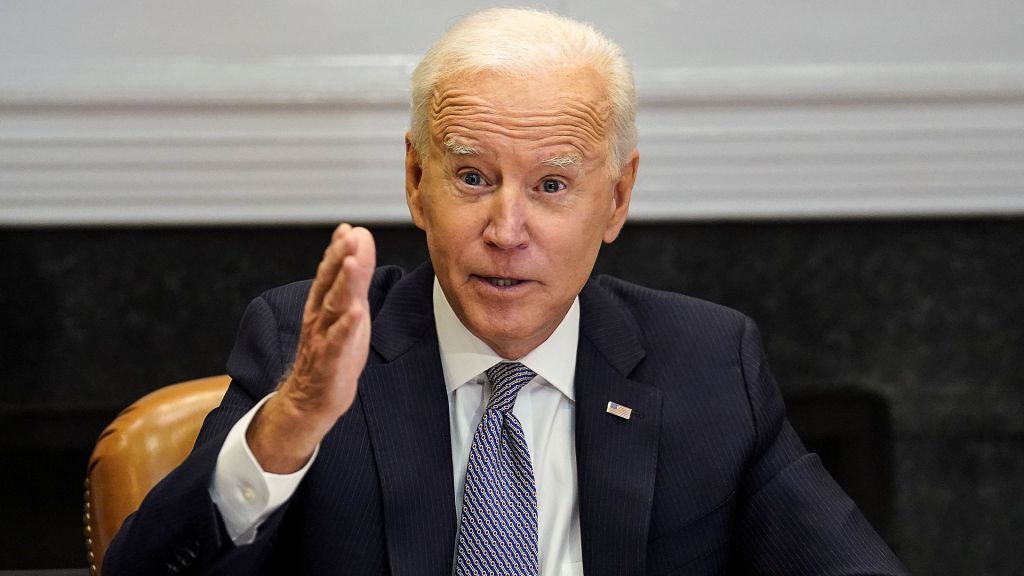
Commentary
-
Our commentary partners will help you reach your own conclusions on complex topics.
There’s an old saying that those who forget history are doomed to repeat it. Well, a little history. During the 1930s, unemployment was a major problem. In order to protect people from being unemployed, governments around the world, led by the United States, imposed tariffs on imports. The idea was to benefit domestic producers as opposed to foreign producers.
Well, when you put a tariff on something, it’s price goes up. The producers gain, but the consumers lose. And on net, the consumer loss is more than what the producer gains. That’s mainly because there are lower real incomes when prices go up. So people could afford to buy even less of just about everything. Then other countries followed suit and we had something called beggar thy neighbor tariffs. The idea was that, I don’t care what happens to exporters in another country. I just want to protect myself. Well, the whole process contributed to a great depression that was virtually worldwide.
Well, fast forward to today. Unemployment isn’t the problem; inflation is. But governments still haven’t learned. So what we’re doing now in many countries is to ban exports. The idea is to keep the goods at home that will increase domestic supply and push prices down. The politicians can then claim that they have fought to reduce inflation. Now, of course, when you don’t export, prices overseas go up a lot. Then other countries begin to ban exports as well for the same reason.
There’s a long-term problem in all this. When you keep domestic prices low over time, the countries that produce those goods go out of business and these… barriers are going to be up for a long time. Again, take America as an example. We imposed a crude oil export ban back during the oil crisis in 1975. We never got around to repealing it until 2015 – 40 years later. So these things tend to stay.
Well, two prominent examples. India has banned the export of wheat without special government…approval. Now you gotta remember, India is the second largest producer of wheat in the world. Just on the announcement, the price of wheat globally went up 5%. That was on top of an already 25% rise that occurred because of the Russia-Ukraine conflict. And then in Indonesia, they banned the export of palm oil, which is widely used in the area as a cooking oil. Well, prices collapsed domestically, and a lot of palm growers went out of business. They may not come back. In total, 19 countries in the world have now banned food exports of one kind or another. A total of 31 different commodities of food are impacted. That affects, believe it or not, 17% of all world calorie consumption. That is one heck of a lot of calories.
Now the purpose of rising prices, which happens when you restrict exports, is that the prices are designed to ration the available supply, which means some people will lose out. Those people tend to be the poorest people on the planet. And so we’re going to have actually people starving around the world because of this practice. We’re also starting a global commodity supercycle, according to some.
Well, that rise in prices over the long term now has on its side the best helper you can get – the governments around the world who foolishly forget history and are enacting all these export bans.
-
President Biden just isn’t cool
For some Americans, politics is only about policy, while others prioritize core values, ideas, aspirations or beliefs. Still, for others, politics may be a reflection of culture, where voting serves as a symbolic act to proclaim cultural group identity. But for some Americans, who they vote for and support is more of a popularity contest,…
-
Federal Reserve policy should be more restrictive
The American economy is booming, with high GDP growth, record-low unemployment, and wage gains for median workers. Over the past few quarters, U.S. economic growth indicators have consistently outperformed official projections. But the U.S. Federal Reserve recently conceded that its policies might be too restrictive, hindering the full potential of the U.S. economy, which the…
-
Celebrate tight labor market, but don’t cut interest rates
While President Joe Biden has been celebrating U.S. economic success, many Americans are still unhappy about the economy. So who’s right? The most recent jobs report for February showed that while the unemployment rate rose slightly to 3.9%, job gains were higher than expected, with the total coming in at 275,000 versus the expected increase…
-
Social and economic class will define 2024 election
Following in the footsteps of FDR, Democratic support in the past hundred years has drawn largely from working-class individuals, labor unions, and civil society organizations. Republican support, conversely, tended to rely upon larger corporate donations and the support of high-income individuals. In 2024, these traditional roles are evolving, and the new reality of campaign finance…
-
Black swan events make next US president difficult to predict
In November, Americans will cast their votes to elect a new president and Congress. Despite significant indicators suggesting dissatisfaction with the economy, posing a challenge for President Biden’s potential reelection, predicting the winner remains challenging due to all the variables at play. Straight Arrow News contributor Larry Lindsey utilizes a recent Gallup poll to offer…
Latest Opinions
-
 AP Images
AP Images
Argentina asks to join NATO as Milei looks to enhance security, strengthen ties
-
 Getty Images
Getty Images
Utah students protest 'furries,' school admin deny problem
-
 Reuters/Jane Rosenberg
Reuters/Jane Rosenberg
Trump’s ‘hush money’ trial: Legal experts debate name coined by media.
-
 AP Images
AP Images
Black Chicagoans feel neglected as millions funneled to migrant crisis
-
 Envato
Envato
Congress wants to curtail ‘judge shopping.’ Can it act before the election?
Popular Opinions
-
In addition to the facts, we believe it’s vital to hear perspectives from all sides of the political spectrum.


